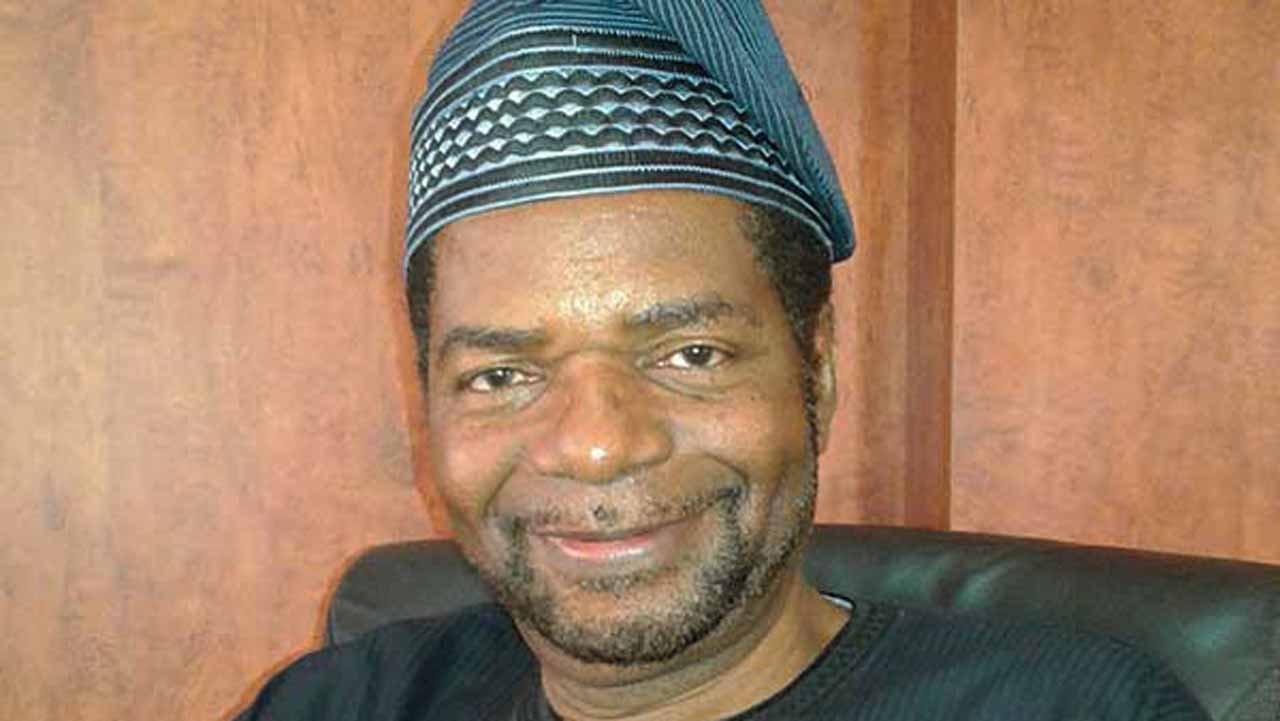The civil service and the political class have been described as the problem of Nigeria. Speaking at the public presentation of his new book, “Leadership In the Nigerian Civil Service: Five Decades of Lessons In Performance, Encounters and Triumphs” in Abuja on Thursday, Dr. Goke Adegoroye described the public service as a sacred duty – a moral obligation to serve the public good and a total commitment to uphold national interest.
While lamenting challenges posed by the civil service and the political class in governance, Adegoroye, a retired Permanent Secretary in the Federal Civil Service said these challenges include, “how to make our elected leaders to respect the professionalism underpinning of the civil service, when making appointment into bureaucratic leadership positions; the challenge to government, of trying to manage a civil service system that, while enjoying the perquisites of the presidential system that governs its establishment, is also desperately holding on to the ‘immunity’ offered by a parliamentary system under which it no more operates; the challenge of how to cope with an over-bearing Legislature, which sees their ‘over-sight’ responsibilities mainly within the prism of official extortion of MDA appropriations; and lastly, the challenge of managing the excesses of political heads who use their tenure as Ministers as a platform to amass wealth.”
He, however, stressed the imperative of leadership integrity at all levels, as the answer.
Adegoroye believes that if Nigeria is to move forward, it must start with the strengthening of its bureaucracy. “Our Civil Service must be transformed into an effective machinery of running government affairs. The starting point is for the president to endeavour to appoint credible and competent men and women of impeccable integrity into the three central bureaucracy offices of Secretary to the Government, Head of the Civil Service and Chairman Federal Civil Service Commission and to commit himself to ensuring that occupants of the three offices achieve this goal. As a matter of principle, in all we do as a nation, we must give room for the best persons or candidates to emerge in positions of governance and bureaucracy.”
While addressing the challenges, he said they are essential for the effectiveness and credibility of Nigeria’s public service.
He identified three critical issues undermining government’s effectiveness in Nigeria: They are the constitutional and structural absence of an effective coordinating platform for the public service, Human Resource Management challenges, encompassing records management, appointments, promotions, disciplinary actions, remuneration, and labour relations and Attitudinal and cultural issues, including ethics, values, integrity, and the imperative to uphold public trust as enshrined in the Public Service Rules (PSR) and Financial Regulations (FR).
Adegoroye also noted that the country needs merit-driven appointment as bedrock of efficiency.
He pointed at the “danger of invasive species wherein, arising from the unregulated transfers into the civil service, the institutional memory problem of the civil service became exacerbated, with federal permanent secretaries who cannot boast of having 10 years’ experience within the mainstream federal civil service system.”
In a democracy, state capture will always be the goal of political electioneering. To the populace, the distinction between the state and the executive is so blurred that they see the Head of the nation as embodying the State. That perception is not helped by his four titles of the President/Head of State/Commander-in-Chief of the Armed Forces/Chief Executive of the Federation, through which state organs are easily appropriated to sustain power. Arising therefrom, the civil service and judiciary have become the citizens’ last institutional defences to uphold public trust and protect national interest.
As career public servants, we must appreciate Public Service as a sacred duty, a moral obligation to serve the public good, and a commitment to uphold the interest of the citizens and the nation. Capacity, Competence and professionalism are needed. But, only until we can demonstrate the courage to make integrity a defining factor in the selection of leaders in the public service can we begin to see commitment to public service as a sacred duty.
With public sector corruption becoming the oxygen of politics in Nigeria, how can the civil servant be emboldened to stand up to uphold the public trust? He asked.
He said: “In the day-to-day operations of MDAs, the line between the political class and public servants has now become so blurred, and their cooperation so seamless, that it is often difficult to distinguish the initiators, aiders, executors, and beneficiaries of corruption. Ask any integrity driven Accounting Officer of an MDA—be it a Permanent Secretary or Chief Executive Officer—who is approaching retirement, what they look forward to the most. In nine out of 10 cases, the response will be that their greatest relief is the prospect of being finally free from the so-called oversight of the numerous committees of the National Assembly (NASS).”
It is up to the President to deploy the necessary political will to implement these recommendations.
“In the final analysis, the onus for ensuring quality leadership of the civil service is on the president: just as a people gets the government it deserves, there is a real sense in which a president gets the civil service he deserves”.







